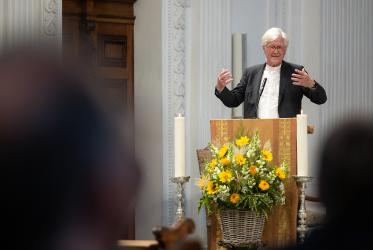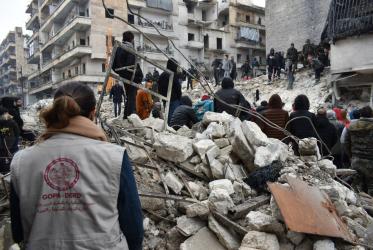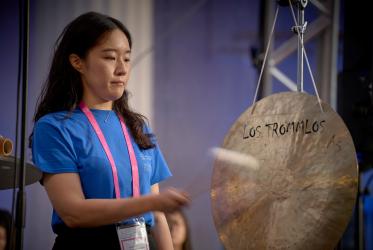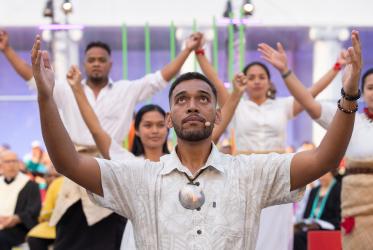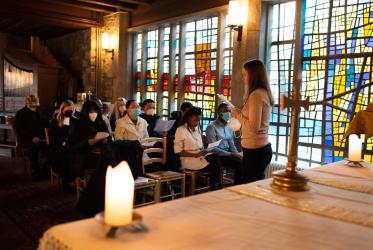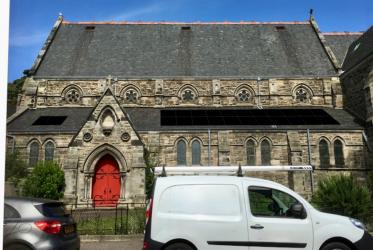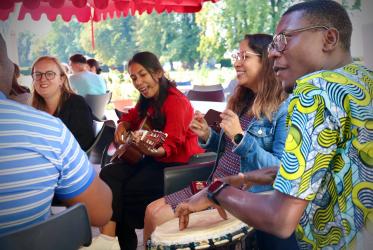Displaying 1 - 13 of 13
10 October 2023
Ukraine: Responding to humanitarian need
08 September 2022
Children of God unite in Tuesday morning prayers
06 September 2022
Bible studies bring ways to learn how Christ’s love moves us
06 September 2022
New academic year underway at Ecumenical Institute in Bossey
13 September 2021
